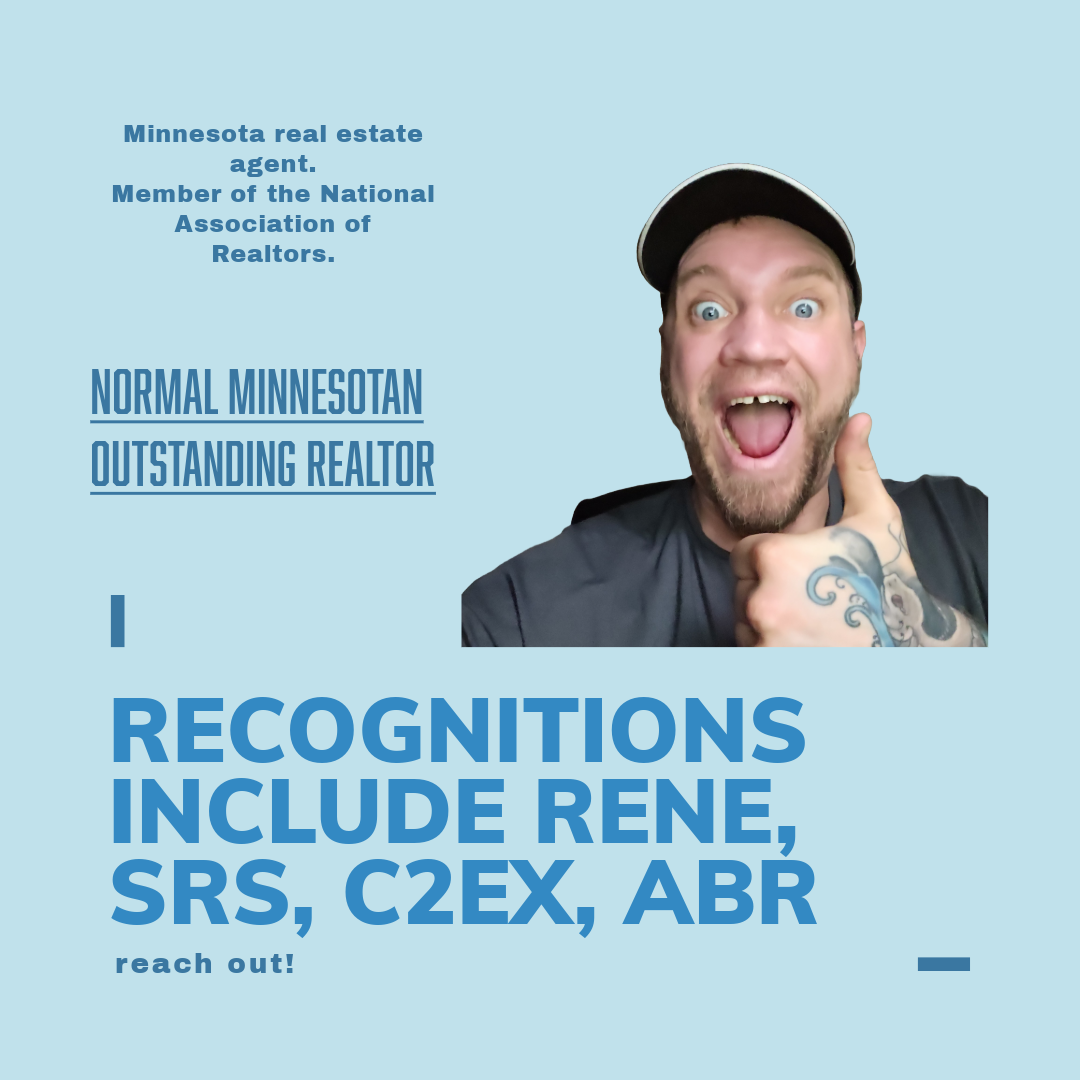A Home Owners Association (HOA) is a common feature of many residential communities in Minnesota. It is a governing body that sets rules and regulations for the community and maintains common areas such as parks, pools, and other amenities. While there are many benefits to living in a community with an HOA, there are also some drawbacks to consider. In this post, we will explore the positives and negatives of a Home Owners Association in Minnesota.
Positives:
1. Maintaining property values
One of the main benefits of an HOA is that it helps maintain property values by ensuring that all properties are well-maintained and aesthetically pleasing. This is achieved through regular inspections and enforcing rules and regulations such as lawn maintenance, exterior painting, and other property upkeep requirements. This can be beneficial for homeowners who plan to sell their property in the future.
2. Community amenities
HOAs are responsible for maintaining common areas such as parks, pools, and other amenities. This can be a great benefit for homeowners who want access to these amenities without having to maintain them personally. These amenities can also increase the value of the community and make it more attractive to potential buyers.
3. Dispute resolution
HOAs can help resolve disputes among neighbors by providing a formal process for resolving conflicts. This can be particularly beneficial in cases where neighbors have different interpretations of property boundaries or where there are disputes over noise levels, parking, or other issues.
4. Uniformity in the neighborhood
HOAs often have rules and regulations regarding the appearance of homes and landscaping. This can help create a uniform appearance throughout the neighborhood, which can be aesthetically pleasing and increase property values.
Negatives:
1. HOA fees
One of the main drawbacks of an HOA is the fees that homeowners are required to pay. These fees can be used to cover the cost of maintaining common areas, enforcing rules and regulations, and other expenses. While these fees can be beneficial in maintaining property values and community amenities, they can also be a financial burden for some homeowners, especially those who are on a tight budget.
2. Restrictive rules
HOAs can have restrictive rules and regulations that limit what homeowners can do with their property. This can include rules about exterior paint color, landscaping, or even the types of vehicles that can be parked in the driveway. While these rules are intended to maintain property values and create a uniform appearance, they can also feel intrusive to some homeowners.
3. Limited control over community decisions
HOAs are governed by a board of directors, who are responsible for making decisions on behalf of the community. This can limit the amount of control that individual homeowners have over the community. Some homeowners may feel that their opinions are not being heard or that their concerns are not being addressed.
4. Potential for conflicts
HOAs can sometimes create conflicts among neighbors, particularly if there are disputes over rules and regulations. This can lead to tension and animosity among neighbors, which can be stressful and unpleasant.
In conclusion, there are both positives and negatives to living in a community with an HOA in Minnesota. While an HOA can help maintain property values, provide community amenities, and resolve disputes, it can also be costly, restrictive, and limit individual control over community decisions. Homeowners should carefully consider the pros and cons of an HOA before purchasing a property in a community with an HOA.



